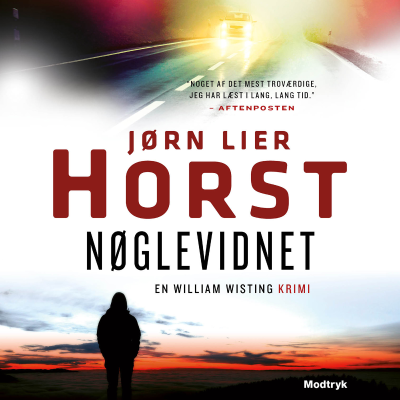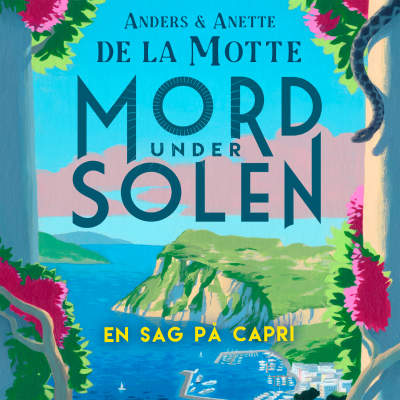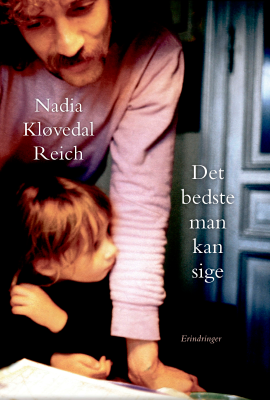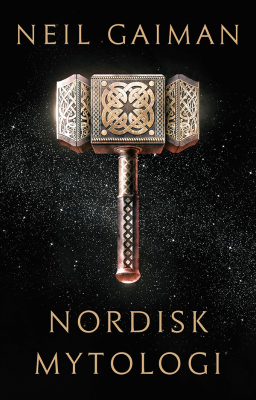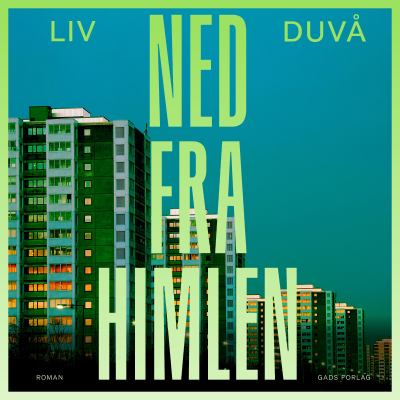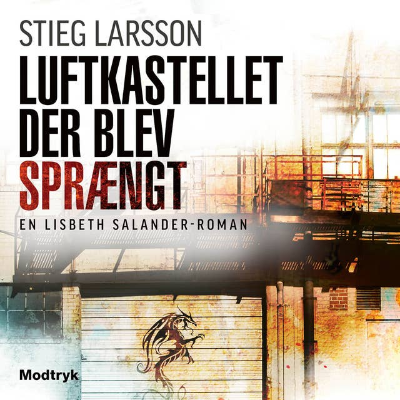
New Books in History
Podcast by Marshall Poe
Interviews with Historians about their New Books Support our show by becoming a premium member! https://newbooksnetwork.supportingcast.fm/history
Start 7 days free trial
99,00 kr. / month after trial.Cancel anytime.
All episodes
10205 episodesContested City: Citizen Advocacy and Survival in Modern Baghdad [https://bookshop.org/a/12343/9781503641426] (Stanford UP, 2025) offers a history of state-society relations in Baghdad, exploring how city residents managed through periods of economic growth, sanctions, and war, from the oil boom of the 1950s through the withdrawal of US troops in 2011. Interactions between citizens and their rulers shaped the social fabric and political realities of the city. Notably, low-ranking Ba'th party officials functioned as crucial intermediaries, deciding how regime policies would be applied. Charting the social, economic, and political transformations of Iraq's capital city, Alissa Walter examines how national policies translated into action at the local, everyday level. With this book, Walter reveals how authoritarian governance worked in practice. She follows shifts in mid-century housing and urban development, the impact of the Iran–Iraq and Gulf Wars on city life, and the manipulation of food rations and growth of black markets. Reading citizen petitions to the government, Walter illuminates citizens' self-advocacy and the important role of low-ranking party officials and state bureaucrats embedded within neighborhoods. The US occupation and ensuing sectarian fighting upended Baghdad's neighborhoods through violent displacement and the collapse of basic state services. This power vacuum paved the way for new power brokers, including militias and neighborhood councils, to compete for influence on the local level. Alissa Walter is Associate Professor of History at Seattle Pacific University. Learn more about your ad choices. Visit megaphone.fm/adchoices [https://megaphone.fm/adchoices] Support our show by becoming a premium member! https://newbooksnetwork.supportingcast.fm/history [https://newbooksnetwork.supportingcast.fm/history]
Picture Bride, War Bride examines how the institution of marriage created pockets of legal and social inclusion for Japanese women during the period of Japanese exclusion. Gomez’s work joins together an analysis of picture brides, or Japanese women who migrated to the United States to join husbands whom they married [in absentia] in the early 20th century, with war brides, or Japanese women who married American military servicemen after World War II. By combining the analysis of these two categories, Gomez centralizes the overlapping and conflicting logics to either racially exclude Japanese or facilitate their inclusion via immigration legislation that privileged wives and mothers. In short, the book tells a story of how the interplay between societal norms and political interests can both harness and contradict the interconnected frameworks of race, gender, and sexuality. Donna Doan Anderson (she/her) is a research assistant professor in the department of History at the University of Nebraska-Lincoln. Learn more about your ad choices. Visit megaphone.fm/adchoices [https://megaphone.fm/adchoices] Support our show by becoming a premium member! https://newbooksnetwork.supportingcast.fm/history [https://newbooksnetwork.supportingcast.fm/history]
Before the Greeks and Romans, the Celts ruled the ancient world. They sacked Rome, invaded Greece, and conquered much of Europe, from Ireland to Turkey. Celts registered deeply on the classical imagination for a thousand years and were variously described by writers like Caesar and Livy as unruly barbarians, fearless warriors, and gracious hosts. But then, in the early Middle Ages, they vanished. In The Celts, Ian Stewart tells the story of their rediscovery during the Renaissance and their transformation over the next few centuries into one of the most popular European ancestral peoples. The Celts [https://press.princeton.edu/books/hardcover/9780691222516/the-celts] shows how the idea of this ancient people was recovered by scholars, honed by intellectuals, politicians, and other thinkers of various stripes, and adopted by cultural revivalists and activists as they tried to build European nations and nationalisms during the eighteenth and nineteenth centuries. Long-forgotten, the Celts improbably came to be seen as the ancestors of most western Europeans—and as a pillar of modern national identity in Britain, Ireland, and France. Based on new research conducted across Europe and in the United States, The Celts reveals when and how we came to call much of Europe “Celtic,” why this idea mattered in the past, and why it still matters today, as the tide of nationalism is once again on the rise. Ian Stewart [https://crh.ehess.fr/index.php?10429] is a Marie Skłodowska-Curie Fellow at the École des hautes études en sciences sociales in Paris. His work has focused particularly on ideas of language, nation, and race in eighteenth and nineteenth-century Britain, Ireland, and Europe. He has also written at length on the late Scottish Enlightenment and is the co-editor of Adam Ferguson's Later Writings: New Letters and an Essay on the French Revolution (Edinburgh University Press, 2023). Sidney Michelini [https://www.prif.org/en/ueber-uns/team/person/sidney-michelini] is a post-doctoral researcher working on Ecology, Climate, and Violence at the Peace Research Institute of Frankfurt (PRIF). Book Recomendations: Modern Ireland 1600-1972 [https://www.penguin.co.uk/books/13209/modern-ireland-1600-1972-by-rffoster/9780140132502] by Roy Foster British Identities before Nationalism: Ethnicity and Nationhood in the Atlantic World, 1600–1800 [https://www.cambridge.org/core/books/british-identities-before-nationalism/36764781C5BF1D5A83326A65905CD6B2] by Colin Kidd The Scottish Enlightenment: Race, Gender, and the Limits of Progress [https://link.springer.com/book/10.1057/9781137069795] by Silvia Sebastiani Learn more about your ad choices. Visit megaphone.fm/adchoices [https://megaphone.fm/adchoices] Support our show by becoming a premium member! https://newbooksnetwork.supportingcast.fm/history [https://newbooksnetwork.supportingcast.fm/history]
Ordinary items take on new meanings when you cast them in different light. The origins of tea, coffee and sugar are well known, but when you discover that gym treadmills were pioneered on plantations or that denim jeans were once clothing for enslaved people, you can't help but ask where else the legacy of slavery hides in plain sight. Through the stories of thirty-nine everyday places and objects, in Human Resources: Slavery and the Making of Modern Britain – in 39 Institutions, People, Places and Things (Profile, 2025) Renay Richardson and Arisa Loomba unpick the threads of the history that we never learned in school, revealing the truth of how Britain's present is bound to a darker past. Taking us from art galleries to football stands, banks to hospitals, from grand country houses to the backs of our kitchen cupboards, Human Resources is an eye-opening inquiry that gives a voice to the enslaved people who built modern Britain. This interview was conducted by Dr. Miranda Melcher whose book [https://www.bloomsbury.com/uk/securing-peace-in-angola-and-mozambique-9781350407930/] focuses on post-conflict military integration, understanding treaty negotiation and implementation in civil war contexts, with qualitative analysis of the Angolan and Mozambican civil wars. You can find Miranda’s interviews on New Books with Miranda Melcher [https://newbooksnetwork.com/category/special-series/new-books-with-miranda-melcher], wherever you get your podcasts. Learn more about your ad choices. Visit megaphone.fm/adchoices [https://megaphone.fm/adchoices] Support our show by becoming a premium member! https://newbooksnetwork.supportingcast.fm/history [https://newbooksnetwork.supportingcast.fm/history]
Flowers Through Concrete: Explorations in Soviet Hippieland [https://bookshop.org/a/12343/9780198788324] (Oxford University Press, 2021) is the first chronological history of Soviet hippies, tracing their beginnings in the 1960s through the movement’s maturity and ritualization in the 1970s. It is also a rich analysis of key aspects of Soviet hippiedom, including ideology, kaif, materiality, and madness - both enacted and imposed. Flowers Through Concrete uncovers, in particular, the lost history of women who participated in the Soviet hippie movement. Fürst makes a number of important arguments in Flowers Through Concrete. Despite obvious antagonisms, she argues that Soviet hippies and late Soviet socialist reality meshed so well that a stable symbiotic, although hostile, relationship emerged. She asserts that personal evidence, such as oral history, is "one of the most exciting historical sources, whose weaknesses sometimes work for rather than against the historian". She engages seriously with and makes visible the role of her own authorial self-reflection in historical analysis. And, last but not least, as Fürst herself says, the story of Soviet hippies is a really good story. Amanda Jeanne Swain [http://www.amandajeanneswain.net/], PhD. Historian. Humanities Center executive director. Navigating academic systems with faculty and grad students. Learn more about your ad choices. Visit megaphone.fm/adchoices [https://megaphone.fm/adchoices] Support our show by becoming a premium member! https://newbooksnetwork.supportingcast.fm/history [https://newbooksnetwork.supportingcast.fm/history]
Start 7 days free trial
99,00 kr. / month after trial.Cancel anytime.
Exclusive podcasts
Ad free
Non-Podimo podcasts
Audiobooks
20 hours / month














